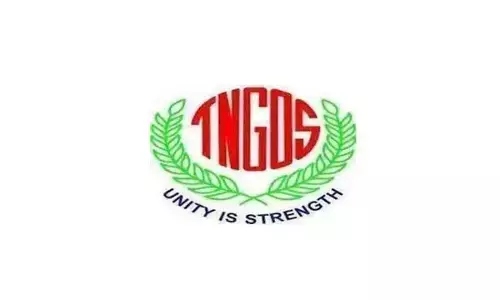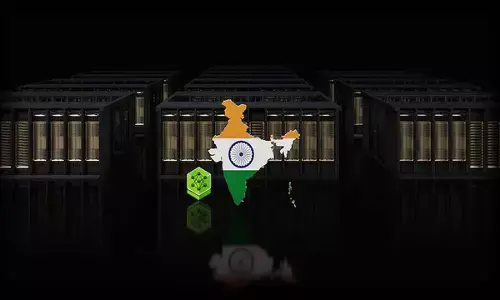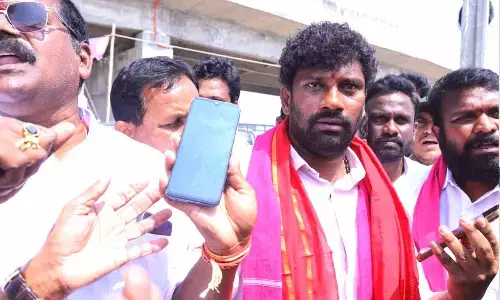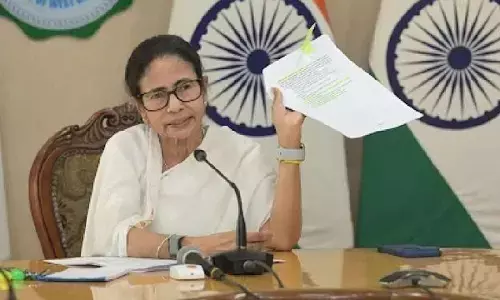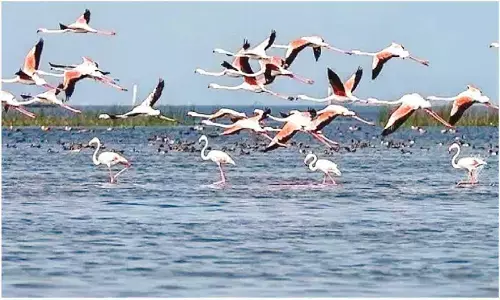UK and EU Impose Sweeping Sanctions on Russia After Putin-Trump Call Fails to Yield Ceasefire
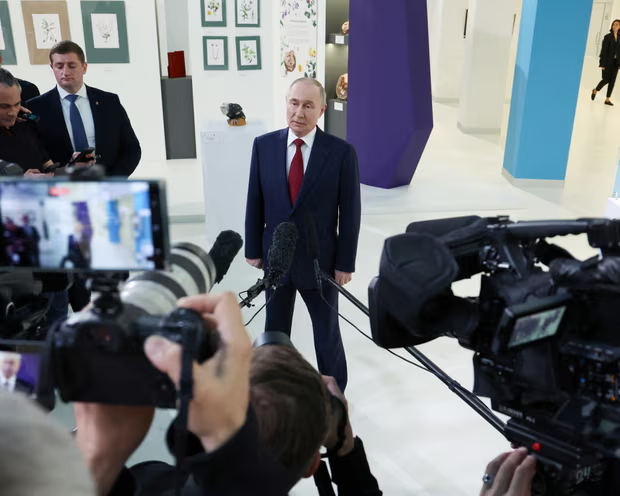
UK and EU hit Russia with major sanctions after failed Trump-Putin call, as Kyiv urges tougher pressure amid stalled ceasefire efforts.
The UK and European Union have unveiled a fresh wave of sanctions targeting Russia, following a phone call between former U.S. President Donald Trump and Russian President Vladimir Putin that failed to produce any concrete progress toward ending the war in Ukraine.
The sanctions, announced on Tuesday, focus on entities supporting Russia’s military infrastructure, energy exports, and disinformation campaigns, as well as financial institutions financing the Kremlin’s ongoing invasion. The UK Foreign Office said the measures were necessary due to Moscow’s refusal to implement an unconditional ceasefire proposed by Trump and endorsed by Ukrainian President Volodymyr Zelenskyy more than two months ago.
Meanwhile, EU foreign policy chief Kaja Kallas confirmed new sanctions targeting Russia’s so-called “shadow fleet” of approximately 200 vessels believed to be circumventing embargoes. "The longer Russia wages war, the tougher our response," Kallas said on X, formerly Twitter, while adding that additional sanctions are already being prepared.
President Zelenskyy criticized Moscow for using negotiations as a stalling tactic to prolong its occupation, stressing that meaningful peace talks require clear and realistic proposals. "Sanctions matter, and I’m grateful to those who make them more tangible for the perpetrators of the war," he said.
Despite European unity, Trump signaled that the United States would not be joining the sanctions effort. Instead, he emphasized what he described as an “excellent” call with Putin and suggested that negotiations should begin "immediately" between Ukraine and Russia, potentially with the Vatican acting as a mediator.
However, Trump’s remarks drew skepticism from both Kyiv and European capitals, where officials noted that the call did not result in any new concessions from Putin. According to a report by Axios, European leaders were “surprised” by Trump’s optimistic interpretation of the call, noting that the Russian position remained unchanged.
Analysts observed that Trump appeared to employ a familiar strategy of declaring diplomatic victories prematurely, despite little substantive progress. The Kremlin confirmed there was no timeline for drafting a peace memorandum, and its spokesperson Dmitry Peskov stated that “the devil is in the details.”
Further complicating the situation, Zelenskyy disclosed that during recent talks in Istanbul, Russia demanded that Ukraine withdraw from five regions—including areas not under Russian control—conditions Kyiv flatly rejected. “It’s our land, we won’t withdraw our troops from our territory,” Zelenskyy said. “It means they don’t want peace.”
The latest developments have reinforced fears in Ukraine that the U.S., under Trump’s leadership, has adopted a hands-off approach, allowing Moscow to maintain its hardline stance. Some Ukrainian officials now worry Trump is prioritizing future business interests over diplomatic pressure on the Kremlin.
With Washington taking a more passive role, Kyiv is increasingly looking to Europe to lead the charge in holding Moscow accountable, urging stronger sanctions and enhanced military support to counter Russia’s continued aggression.


